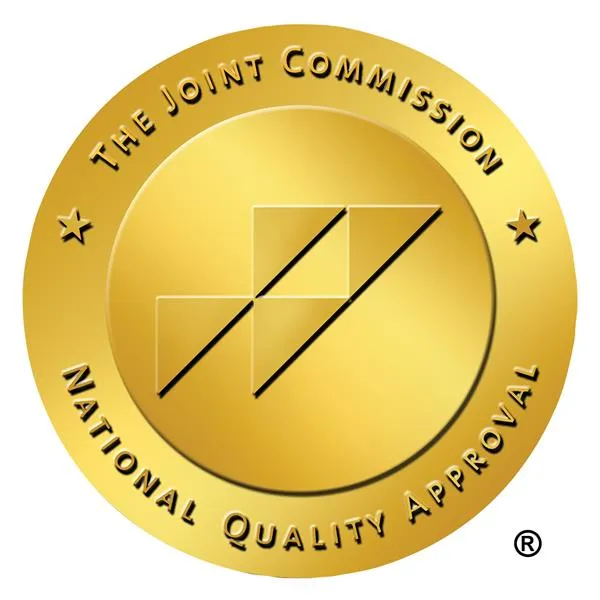With every new year, most of us feel a rush of much-needed positivity, excitement, and motivation surrounding setting and achieving goals — including sustainable financial goals.
As travel nurses, it’s a great idea to take advantage of the new year to start fresh, be guided by set goals (to know just how much or how little you’d need to work this year to achieve them), and get long-term financial stability. This article discusses several helpful ways you can achieve your financial New Year’s resolutions this year.
Track your expenses
You need to know where your money goes every month to save money. Start by jotting down all your expenses in a month and categorizing them into the following:
· Housing
· Utilities
· Transportation
· Food
· Insurance
· Health and wellness
· Household items
· Savings
· Personal and entertainment
· Miscellaneous
You can add more categories based on your needs. You’ll soon see just how much you spend on things. For example, if you tend to buy meals instead of cooking at home, tracking your monthly expenses will give you a clearer picture of how much you spend on food deliveries. If the number is a bit bigger than you’d like or what your budget allows, you can save money by making breakfast at home, meal-prepping lunch, or just getting food delivered once a day instead of thrice.
Set and follow your financial goals
After you’ve tracked your budget, you should have a better idea of how much your monthly expenses and savings are. This is the perfect time to set financial goals, which are your objectives for what you want to do with your money in the long run or for a certain time frame. For example, your five-year financial goal is to purchase your home or start a small business. You’d need to start early to achieve your goals in five years and save a certain amount of money every month, so it’s crucial to identify your financial objectives ahead of time.
Adopt a zero-based budgeting approach
As the name implies, the zero-based budgeting approach means that your income minus your expenses and savings amounts to zero. Adopting this budgeting approach ensures that all of your hard-earned money is intentionally going somewhere and that no single dollar is left unaccounted for. Budgeting your money this way will help you reach your financial goals on time. Don’t forget to add a miscellaneous category to your budget and allot a couple of hundred dollars for unexpected expenses (such as car repairs, medical emergencies, and larger-than-usual vet fees).
Now, you might be wondering if it’s possible to do zero-based budgeting even if your salary fluctuates depending on your travel assignment. The answer is yes, it’s possible! Take a look at your bank statements, determine the lowest income you’ve made in a month, and create a zero-based budget using that amount. You can just adjust your budget when you make more (or add it to your savings).
Live below your means
The concept is simple but at times, hard to follow: Spend less than you earn. Living below your means that if your car still works, use that until you can’t. Don’t buy a new one just because you can afford one.
Taking this route doesn’t mean you won’t be allowed to live comfortably or have fun — going on fun vacations is essential for fighting off burnout and handling stress, so definitely go somewhere nice and make wonderful memories. But you don’t need to make a huge dent in your savings to go on vacation. You can save money by buying plane tickets when sales occur. Instead of getting five-star hotel accommodations, opt for three-star hotels. Check out travel reviews and plan out your itinerary in advance so you can get a better handle on your expenses even before you fly out.
We hope that these tips can help you keep track of and stay on top of your financial goals. Remember to track your expenses regularly, keep your plan simple and sustainable, and celebrate your financial wins big and small.

